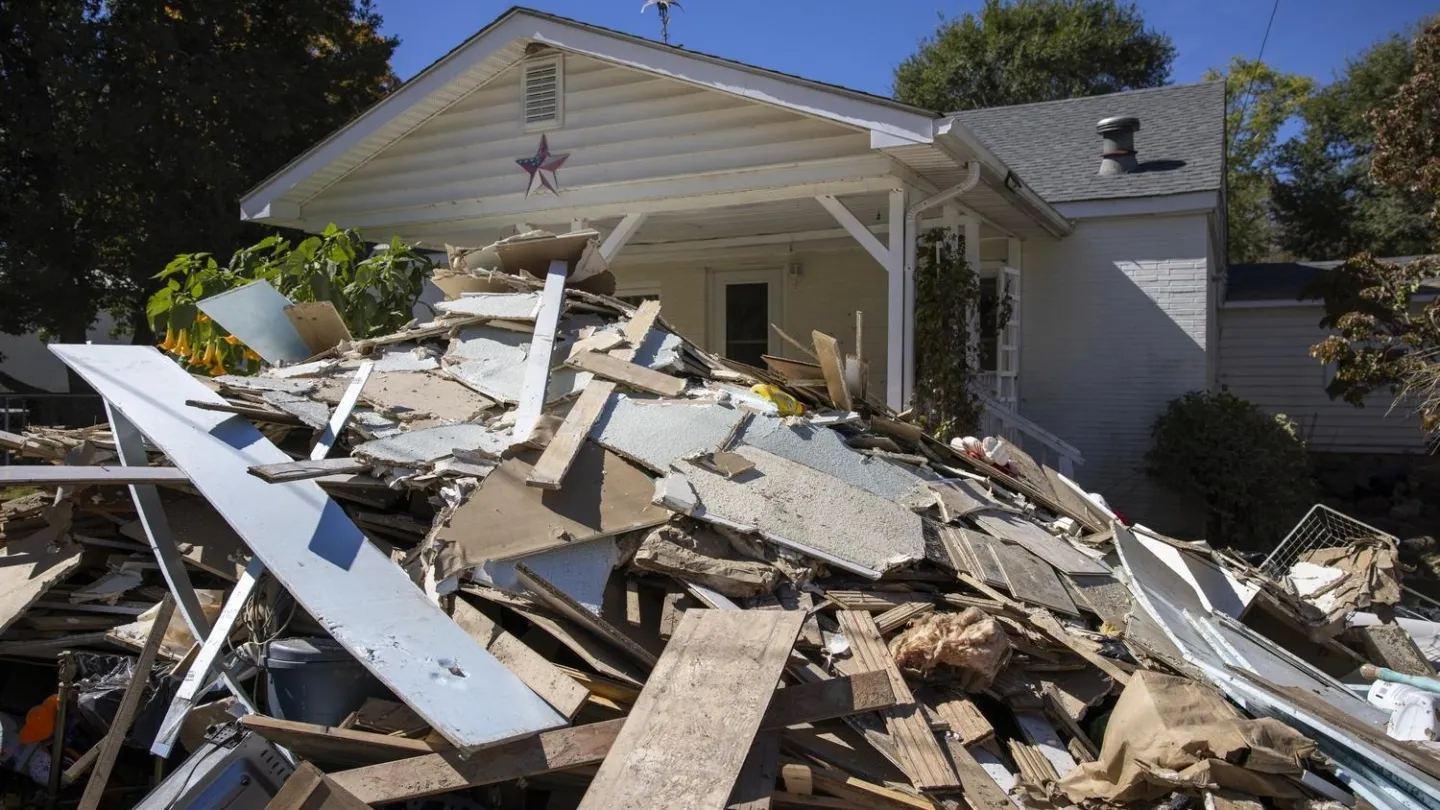Hurricane Preparedness as 2025 Season Begins

The 2025 Atlantic hurricane season is now underway and projected to be above normal. Experts are forecasting upwards of ten hurricanes – three to five of which will likely be classified as major hurricanes, meaning they register as category 3 or above. Project HOPE is closely monitoring developments and will be ready to respond, if and when necessary, while sounding the alarm for communities to be alert and prepared.
Last year’s Atlantic hurricane season was also above average with 11 hurricanes, including five major hurricanes. Hurricane Helene, which made landfall as a Category 4 hurricane in Florida, ended up becoming the deadliest hurricane in the continental U.S. since Katrina in 2005, causing extensive damage and loss of life in six states, including Florida, Georgia, North Carolina, South Carolina, Tennessee, and Virginia. Project HOPE responded in North Carolina where record rainfall caused floods and mudslides that cut communities off for days or weeks on end and resulted in 107 reported deaths.
“With more intense storms expected to form this hurricane season, it’s vital that communities in high-risk areas take immediate steps to prepare rather than waiting until the warnings come,” said Arlan Fuller, Project HOPE’s Director of Emergency Preparedness and Response. “Year after year, we see storms intensify as our climate crisis continues, even impacting non-coastal areas like in the case of Hurricane Helene. Preparedness saves lives and it’s never too soon to create a plan in the event you’re impacted too.”
Below are Project HOPE’s tips on how to prepare for a hurricane:
- Monitor Weather Updates: Stay informed through NOAA, the National Hurricane Center, and local authorities.
- Stock Emergency Supplies: Before a storm makes headlines, ensure you have an ample supply of non-perishable food, water, medical supplies, flashlights, and batteries. If you have children and/or pets, ensure you also have stockpiled their food and supplies.
- Plan for Evacuation: Know your evacuation routes and shelter options and inform friends, family members, and neighbors of your plans. Heed the advice of local authorities and evacuate when necessary.
- Secure Your Home: Board up windows, secure outdoor items, and close hurricane shutters. Be aware of nearby trees and structures that could impact your home and/or exit route.
- Prepare Your Vehicle: Fill your gas tank and, if possible, move your vehicle to higher ground. Also, always have an emergency car kit ready.
- Charge Devices: Ensure phones, power banks, and other essentials are fully charged. Invest in a portable charger in case of power outages.
- Have a go bag ready: Pack clothes and personal items you might need in the event of an evacuation. Include your ID or passport, financial and legal documents, medical information such as physician names and phone numbers, and a list of prescriptions, including dosage, directions, dates, etc.
Project HOPE has a long history of responding to disasters and health crises, including Hurricanes Helene, Milton, Idalia, Ian, and Fiona in recent years. For media inquiries, email media@projecthope.org.



